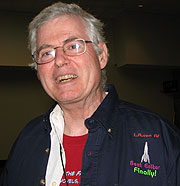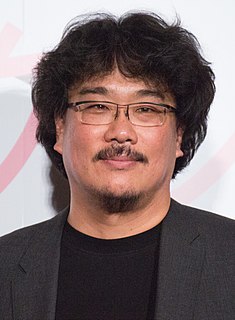A Quote by Craig Blomberg
With every literary genre or form come some conventional expectations that the biblical authors either follow or deviate from.
Quote Topics
Related Quotes
My claim is simply that the literary approach is one necessary way to read and interpret the Bible, an approach that has been unjustifiably neglected. Despite that neglect, the literary approach builds at every turn on what biblical scholars have done to recover the original, intended meaning of the biblical text.
Good writing is good writing. In many ways, it’s the audience and their expectations that define a genre. A reader of literary fiction expects the writing to illuminate the human condition, some aspect of our world and our role in it. A reader of genre fiction likes that, too, as long as it doesn’t get in the way of the story.
For me, Christianity is not a genre. It's faith. The Gospel is not a genre either. It's faith. I definitely understand the semantics of naming things to give them some kind of distinction but I think my faith is pretty distinct. If you want to call it hip hop, essentially it is. That's the art form.
If I fulfill YOUR expectations, how am I going to transform you? I have to DESTROY your expectations. I have to destroy the very mind that creates those expectations. If you come to me, never come with expectations, otherwise you will be disappointed - because I have no obligation to fulfill your expectations in any way. In fact, if I see that there are some expectations, I do things DELIBERATELY to destroy those expectations. That is the price you have to pay to be with me.
[Michael] Chabon, who is himself a brash and playful and ebullient genre-bender, writes about how our idea of what constitutes literary fiction is a very narrow idea that, world-historically, evolved over the last sixty or seventy years or so - that until the rise of that kind of third-person-limited, middle-aged-white-guy-experiencing-enlightenment story as in some way the epitome of literary fiction - before that all kinds of crazy things that we would now define as belonging to genre were part of the literary canon.
When I say my work is travel, that's what I'm doing. And part of being biracial and multicultural is I'm always playing with genre and genre expectations. So even if I say I'm doing straight memoir, you'll see that I'm doing weird stuff with the structure. I've got images, I've got lyrics, and I've got journalism. I really try to not get stuck in genre expectations.
It's better to emphasize biblical theology, partly because there are fine Study Bibles already available that lean into systematic theology, and partly because biblical theology is particularly strong at helping readers see how the Bible hangs together in its own categories: that is, God in his infinite wisdom chose to give us his Word in the 66 canonical books, with all of their variations in theme, emphasis, vocabulary, literary form, and distinctive contributions across time.




































